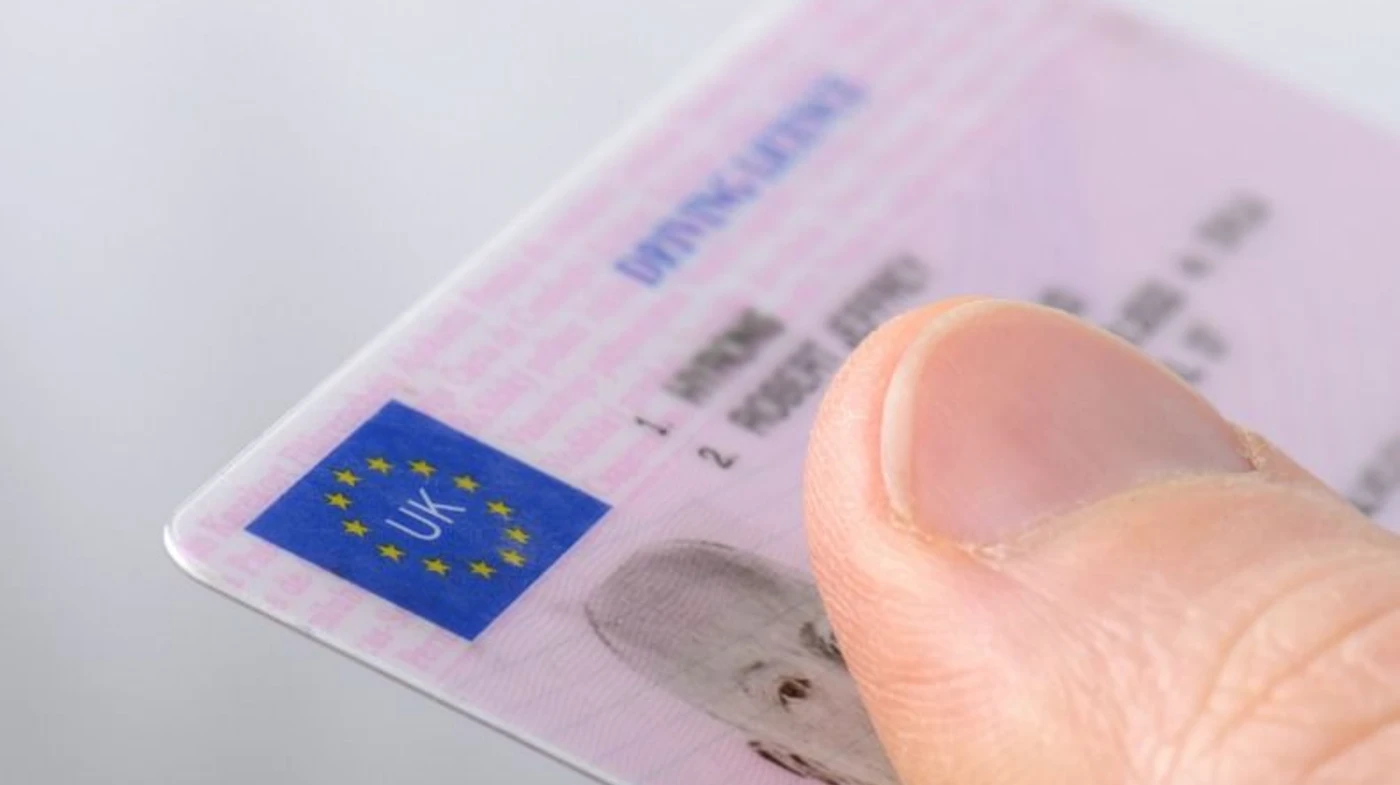UK drivers will be able to get digital driving licences this year in a major change announced by the Government.
The new digital driving licences will be available in a virtual wallet in a new Government app, with it also becoming an accepted form of ID for buying alcohol or voting.
The wallet will be secured in a similar way to banking apps and will only allow the genuine owner of a licence to access it.
It will use features found on many smartphones, such as biometrics and multifactor authentication, like security codes.
While driving licences will still be issued in their physical form, it marks a move towards greater use of technology. It’s thought they could be accepted as a form of ID and could gradually decrease the need for people to carry a physical licence with them in future years.
At launch, it’s believed digital versions, to be accessed via a Government app, will be voluntary and physical licences will continue to be accepted. Supporters of the move have said it is long overdue.
Users of digital licences may be able to hide their addresses in some instances, which is not possible with physical versions. Shoppers may also be able to use them to verify their ages at a self-checkout, rather than having to wait for a member of staff to check them.
Virtual licences are already used by drivers in Australia, Denmark, Iceland and Norway, as well as some US states. It’s been reported the digital licences could be available from later this year.
A Government spokesperson said:
“This Government is committed to using technology to make people’s lives easier and transform public services. Technology now makes it possible for digital identities to be more secure than physical ones, but we remain clear that they will not be made mandatory.”
The Government is considering integrating other services into the app, such as tax payments, benefits claims and other forms of identification such as national insurance numbers.
However, the new app appears to stop short of being a compulsory digital ID card.
Virtual licences are already in use in Australia, Denmark, Iceland and Norway, as well as some US states.



